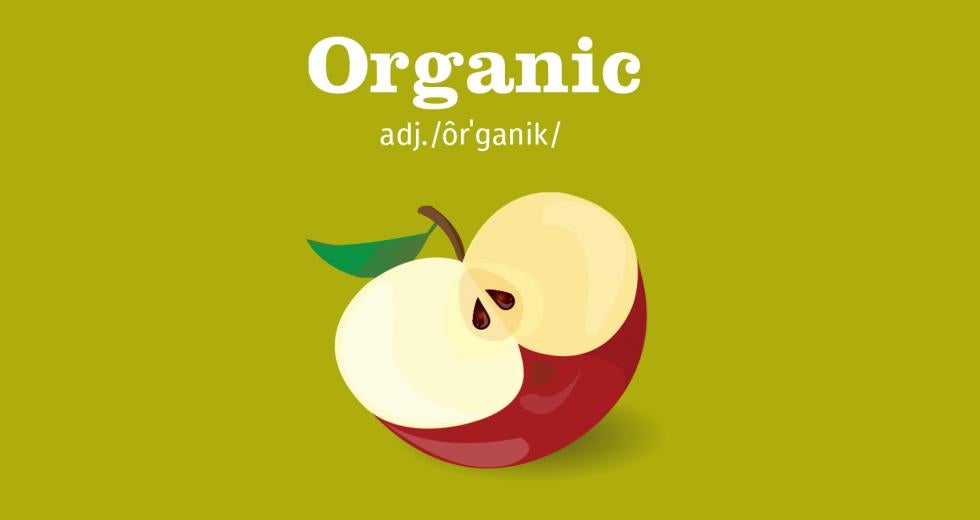The term organic might be the granddaddy of all buzzwords. The U.S. Department of Agriculture legitimized the organic label for food in the ’90s, putting a premium on its contents that turned them into gold. Since then, the organic market has seen significant growth: According to the Organic Trade Association, organic sales were $3.4 billion in 1997; in 2017 they were over $45 billion.
Now corporate jargon has bought in. In recent years, this slippery adjective has penetrated a number of applications as a catch-all modifier. Think organic marketing, organic content or organic growth.
The Buzz
Paragary’s Restaurant Group Marketing Director Leidhra Johnson is a local marketing maven. “I’m pro-organic as a marketing term,” Johnson says. “It’s one more way of describing what we’re doing and creating a picture. It’s a widely used word in different elements.”
Related: Buzzwords: Influencer
Related:Community banks embrace new marketing strategies to supplement traditional advertising
Johnson says she’s seen the word used often, particularly in the marketing agency world. “It comes up a lot when you are talking about strategies,” she says. “I feel like I don’t necessarily use it in my day-to-day when talking about execution of our plans.” She also notes that the word comes up a lot in marketing seminars, since it’s so widely understood.
“I think it’s something that people can digest pretty easily,” she says.
The Word
But what is true organic marketing? “It tends to mean a slower build,” Johnson says. For example, consider paid advertising versus organic advertising — or in other words, good old fashioned word of mouth. “It takes time, rather than paid ads which reach a goal right away.”
As an adjective, it’s descriptive and offers an alternative to authentic, natural or unpaid. When it comes to best practices, Johnson advises using the word organic authentically: “Be true to the word. If you are calling something organic marketing, make sure it really is authentic and communicating your mission or values as a business, and tying into your overarching brand,” she says.
You might even say you should just let it happen … organically.



